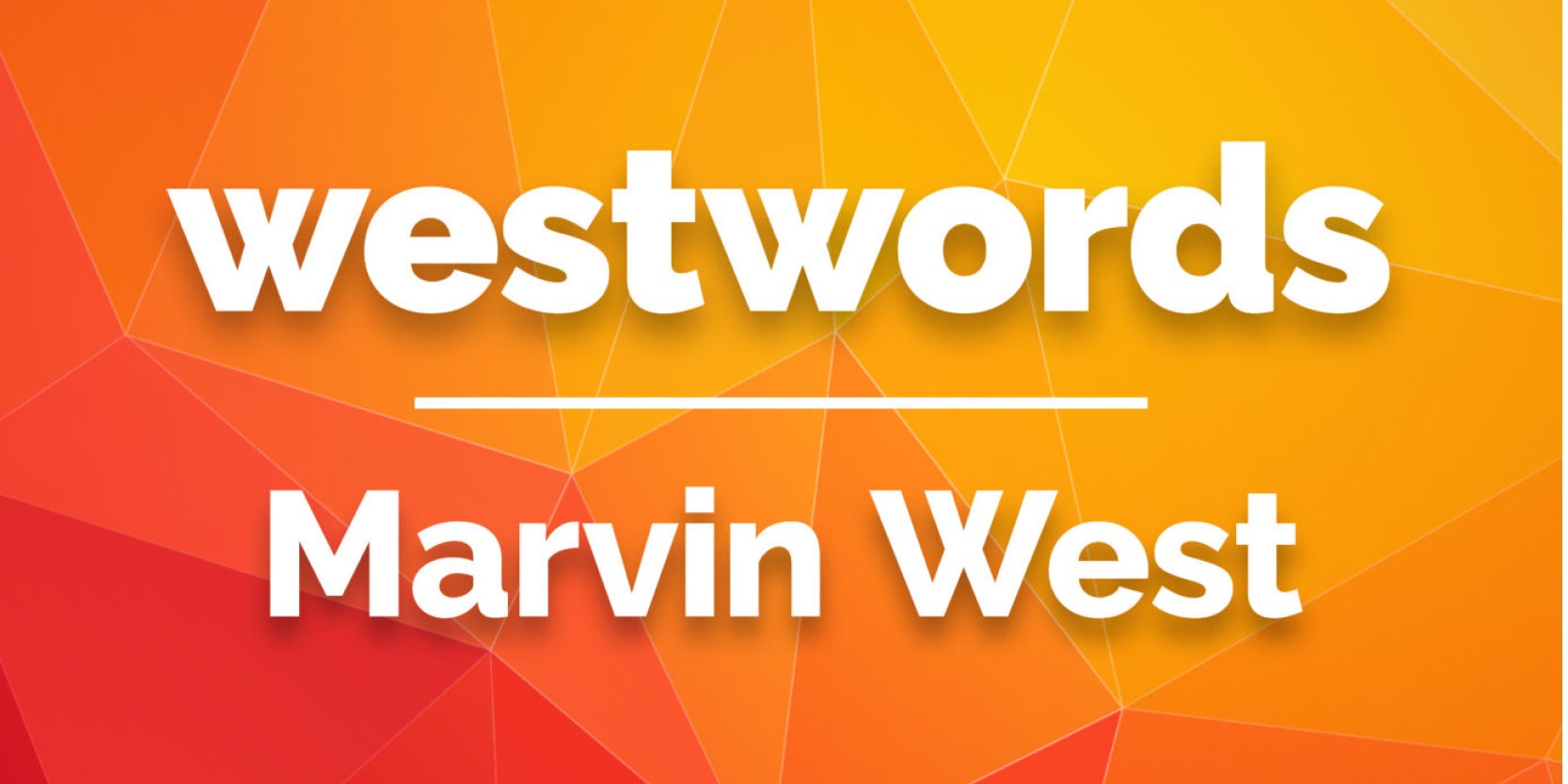New cash is coming. What happens after that is to be determined.
In a few weeks, college athletes will shed their amateur straitjackets and begin negotiations for endorsement deals, autograph sales, business and social appearances and no telling what else.
They may model clothes, help sell cars or speak on behalf of broccoli casseroles. They could appear at birthday parties or conduct private instructional classes. Like others with talent, they will be paid for who and what they are.
Oh no, this is not pure professionalism, pay for play. The plan is called NIL compensation – for name, image, likeness. Winning will make a wonderful difference in how much.
Controversy is out there, waiting to erupt. Will big-money people get excited and turn the concept into a five-star recruiting auction? Will Alabama or LSU provide the biggest billboards?
Will First Horizon or Food City or Covenant Health lead the way in Big Orange Country? Which Volunteers will be in demand? Quarterbacks, running backs, receivers?
Oh my, will blockers stop blocking until they, too, are rewarded?
Will basketball shooters, dunkers and rebounders command equal attention? Will money filter down to home-run hitters and athletes in other sports? How angry will Lady Vols be when their take is less? Will Title IX somehow force equality in commerce?
Does all this lead to a labor union of college athletes, advocates, promoters and handlers? Do you suppose teamsters are lurking as organizers?
Coaches, who have been receiving millions to instruct scholarship laborers, are concerned about the so-called level playing field in recruiting. There may be more endorsement opportunities in Los Angeles than Starkville. With Atlanta nearby, Georgia Bulldogs may come up with a better marketing plan than Arkansas Razorbacks.
I’m told social media is the great equalizer. It is everywhere, even in West Virginia.
In theory, NIL isn’t about schools serving as agents and “selling” stars but athletic officials will no doubt feel obligated to provide guidance. We’ll find out later how big this deal turns out to be.
Several states, including Tennessee, already have laws. They are not identical. Tennessee, Alabama, Florida, Georgia, Mississippi and South Carolina legislation will take effect July 1. The Texas bill goes into effect Sept. 1. Others are delayed until Jan. 1.
The NCAA has been wringing its hands for years. Change was inevitable. Details and control have been and remain issues.
As illogical as it sounds, handing off the entire project to the federal government might be a stabilizing solution. That would be very expensive – new department, a powerful czar, many political appointees, must-see games, lawyers and judges, prosecution of violators.
Very exciting.
The arrival of NIL won’t be the very first time select Volunteers have cashed in on fame and accomplishments. I do believe old friend Dewey Warren purchased complimentary football tickets from teammates at wholesale prices and sold to fans at a considerable profit.
Dewey was/is very shrewd. Some Saturdays, 40 different people thought they were occupying “the quarterback’s seats.”
Richmond Flowers conducted business from the trunk of his car. Manufacturers of track attire gave the great hurdler warmup suits with the hope that he might wear theirs. He sold some surplus. He had a variety of colors but, alas, not a wide choice of sizes.
You do remember that it was Dewey who promoted Richmond’s races against a quarter horse?
Through the years, an occasional fan flaunted the rules and provided illegal benefits to Volunteers. The athletics department was forced to sever relationships with a few – for loaning a car and credit card for gas and for providing lodging when a player didn’t have enough money to go home for the holidays.
I know nothing about infamous $100 handshakes.
In a perfect world, there will be no need for such violations. Athletes will have the opportunity to move above the poverty level and earn income to supplement their scholarships and Pell grants. Since our world is less than perfect, all dreams probably won’t come true.
It does seem fair that players receive a share of value added.
There is a medium-sized business in selling autographs in Knoxville. There are autographed balls, photos and posters, autographed caps, autographed helmets and autographed jerseys. We are supposed to believe athletes were not paid to sign dozens of things.
For sure, fans pay premium prices for collectables. For sure, merchants make a profit.
An occasional disaster strikes such enterprises. I know where you can buy plastic mini-Tennessee helmets at a discount. They are signed by Eric Gray and Henry To’o To’o.
Marvin West welcomes reader comments or questions. His address is marvinwest75@gmail.com.

